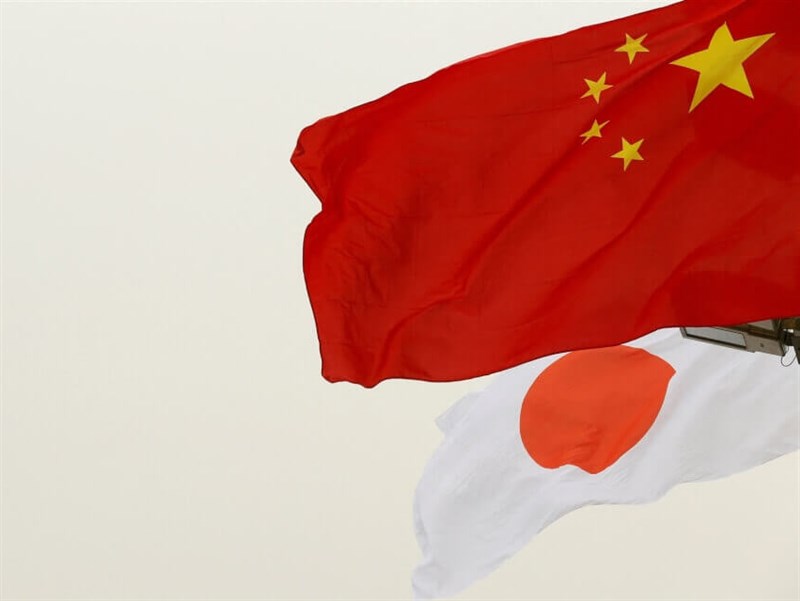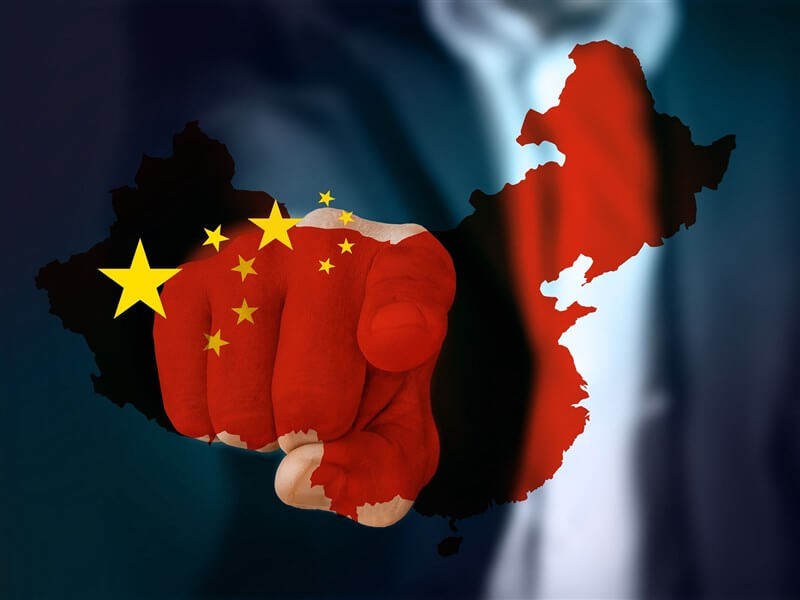China's live-fire drills in waters close to its Fujian province on Tuesday were "routine" and unlikely to be a response to the recent transit of the United States and Canadian warships in the Taiwan Strait, according to experts on cross-strait relations.
(Full text of the story is now in CNA English news archive. To view the full story, you will need to be a subscribed member of the CNA archive. To subscribe, please read here.)
More in ANALYSIS
![Fintech expert urges NTD stablecoin to protect monetary sovereignty]() Fintech expert urges NTD stablecoin to protect monetary sovereigntyA fintech expert in Taiwan has called for the issuance of a New Taiwan dollar (NTD) stablecoin, saying it is vital for safeguarding Taiwan's monetary sovereignty and reinforcing the country's industrial competitiveness.12/14/2025 04:15 PM
Fintech expert urges NTD stablecoin to protect monetary sovereigntyA fintech expert in Taiwan has called for the issuance of a New Taiwan dollar (NTD) stablecoin, saying it is vital for safeguarding Taiwan's monetary sovereignty and reinforcing the country's industrial competitiveness.12/14/2025 04:15 PM![China-Japan diplomatic spat not what it seems: Taiwan experts]() China-Japan diplomatic spat not what it seems: Taiwan expertsJapan's first female prime minister, Sanae Takaichi, has faced rising friction with China during her first month in office, with Taiwan unexpectedly pulled into the fray.11/21/2025 06:58 PM
China-Japan diplomatic spat not what it seems: Taiwan expertsJapan's first female prime minister, Sanae Takaichi, has faced rising friction with China during her first month in office, with Taiwan unexpectedly pulled into the fray.11/21/2025 06:58 PM![China's local bounty use shows intimidation with flexibility: Scholars]() China's local bounty use shows intimidation with flexibility: ScholarsChina's recent use of local public security bureaus to issue bounty notices against specific Taiwanese individuals reflects a new tactic of "judicial intimidation" aimed at Taiwan that also gives Beijing room for flexibility, scholars told CNA.11/15/2025 04:45 PM
China's local bounty use shows intimidation with flexibility: ScholarsChina's recent use of local public security bureaus to issue bounty notices against specific Taiwanese individuals reflects a new tactic of "judicial intimidation" aimed at Taiwan that also gives Beijing room for flexibility, scholars told CNA.11/15/2025 04:45 PM
Latest
- Society
2 men detained in 2023 Nantou murder case
12/17/2025 09:10 PM - Cross-Strait
Russia could support China attack on Taiwan: Taiwan security chief
12/17/2025 08:47 PM - Society
Record 13.8 tons of illegal drugs seized in 2025: CGA
12/17/2025 08:01 PM - Politics
Suspended Hsinchu Mayor to return to post Thursday
12/17/2025 06:46 PM - Society
Prosecutors appeal acquittal of Indigenous men in killing of black bears
12/17/2025 06:18 PM


